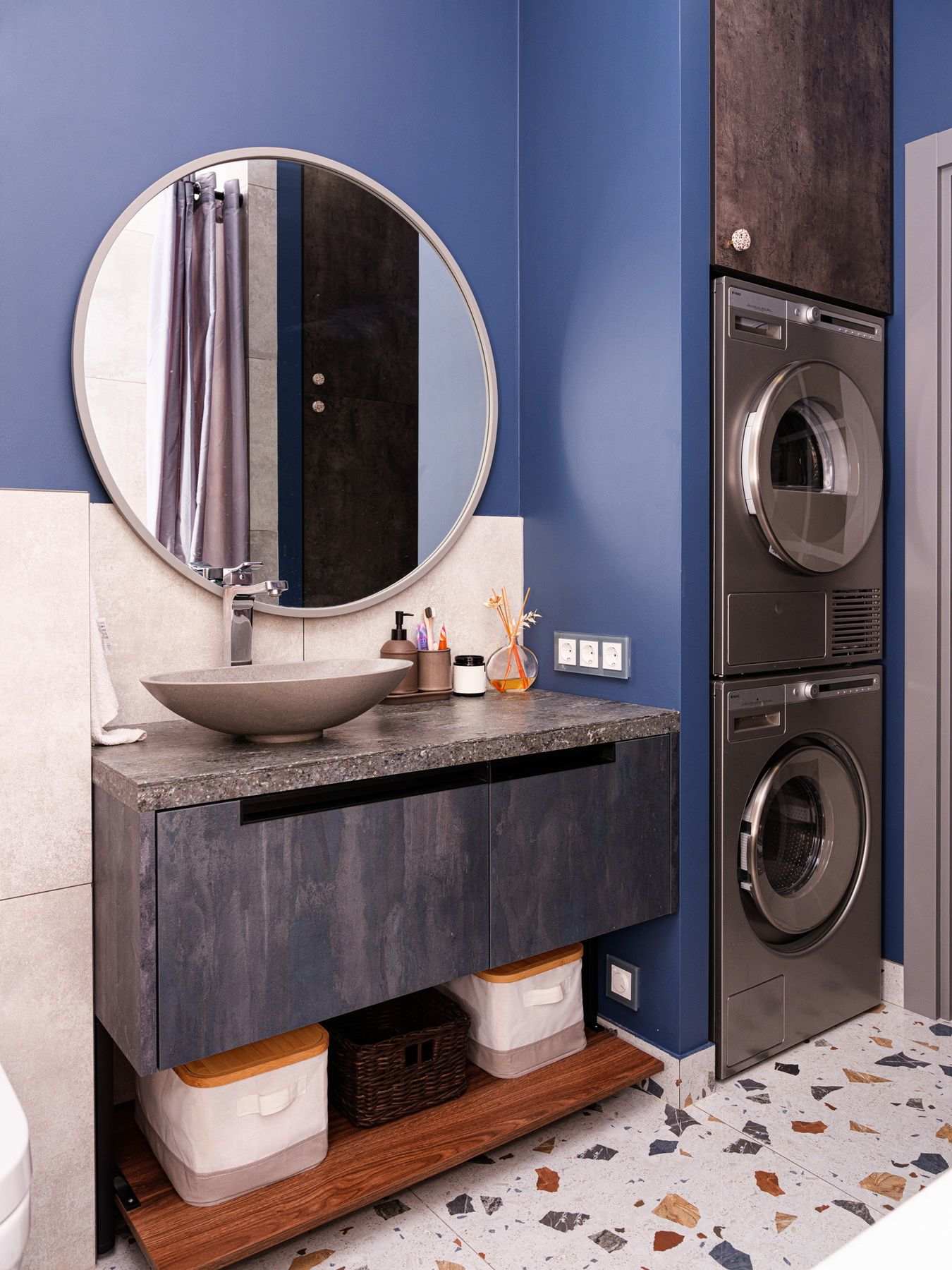
Culinary Spaces Redefined: Excellence in Modern Cooking Environments
Introduction to Redefined Culinary Spaces
The contemporary culinary landscape is experiencing a transformation, with an emphasis on both functionality and aesthetics. Culinary spaces are being redefined to create environments that foster creativity, efficiency, and social interaction. In this exploration, we will take a closer look at how modern design and technology converge to create kitchens that are not only practical but also form a hub of excellence within the home and professional establishments.
The Evolution of Kitchen Design
Kitchen design has evolved significantly from traditional layouts focused solely on food preparation. Today's kitchens are multi-functional spaces that accommodate cooking, dining, and entertainment. Open-plan layouts, smart storage solutions, and state-of-the-art appliances demonstrate how design can cater to the complexities of modern life. By breaking down the barriers between the kitchen and other living areas, these spaces promote a more inclusive and interactive culinary experience.
Innovation in Culinary Technology
Innovative technology is at the heart of redefined culinary spaces. High-tech kitchen appliances have become integral, boasting features that streamline the cooking process and ensure precision and consistency. From induction cooktops that offer rapid, energy-efficient heating to smart ovens that can be controlled remotely, the integration of technology is elevating the functionality of culinary spaces to new heights. These advancements also enable chefs, whether at home or in professional settings, to experiment with new techniques and recipes, thus expanding the realm of culinary possibilities.
Focus on Sustainability
Sustainability is becoming a cornerstone in the redefinition of culinary spaces. Eco-friendly materials, energy-efficient appliances, and waste-reducing innovations are being prioritized to minimize the environmental impact of our cooking habits. Moreover, the incorporation of indoor herb gardens and composting systems within kitchen designs not only contributes to sustainability but also enhances the freshness and flavor of home-cooked meals.
Social and Cultural Dimensions
Culinary spaces now act as social hubs that reflect cultural nuances and personal storytelling. Through customized design elements, homeowners and chefs can express their identities, heritage, and culinary philosophies. The kitchen becomes a canvas for showcasing culinary artistry while also serving as a gathering space where people can connect over the shared experience of food.
The Role of Professional Chefs in Redefined Spaces
Professional chefs are important influencers in the redefinition of culinary spaces. Their expertise and experiences are informing the design of commercial kitchens, which in turn shape trends within home kitchen designs. Elements such as open kitchens, chef's counters, and interactive cooking classes are blurring the lines between the professional and amateur chef, inviting everyone to partake in the culinary arts.
Conclusion: The Future of Culinary Environments
Culinary spaces have undeniably become a reflection of excellence in the modern age, embodying innovation, sustainability, social interaction, and cultural expression. As we look to the future, these spaces will likely continue to evolve, adapting to new technological advancements and shifting societal needs. At their core, these kitchens will always be places where food, family, and culture converge, redefining the essence of what it means to cook and eat in the 21st century.